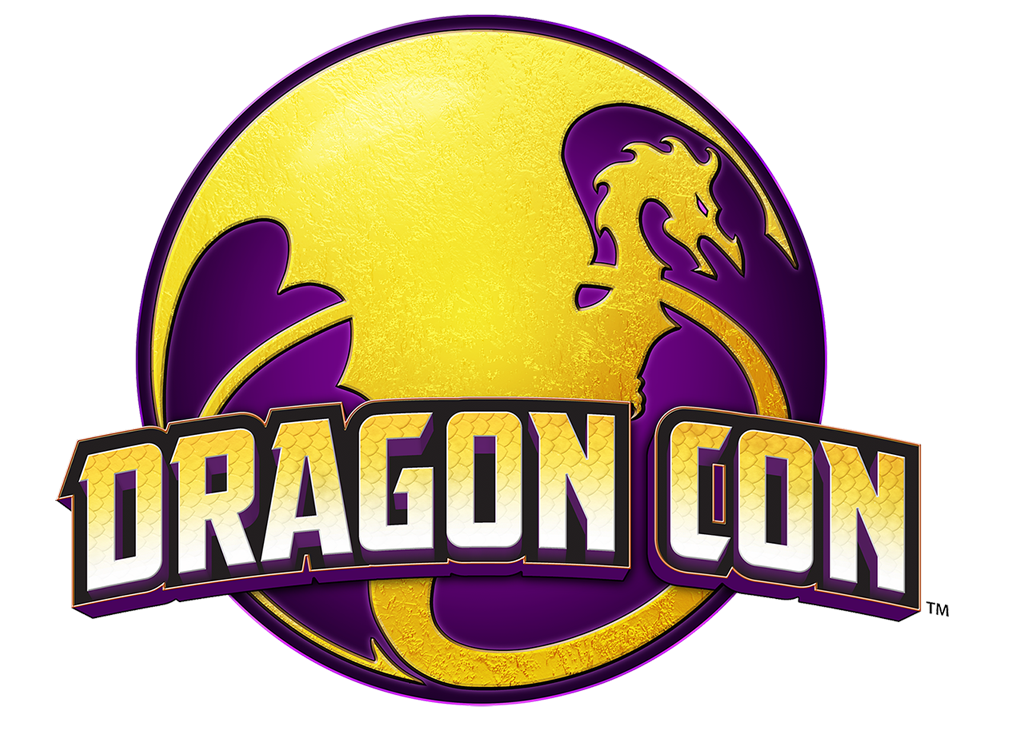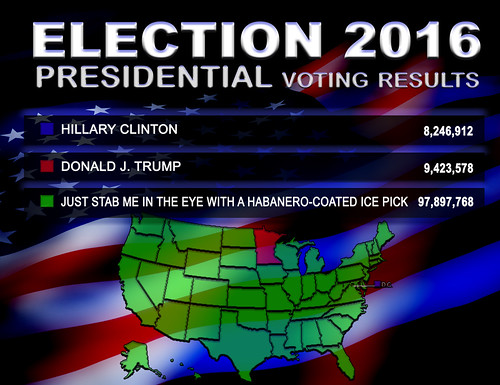(Another in the continuing series of quotes to start the week.)
On this date in 1962, President John F. Kennedy delivered what has become known as the “Moon speech” at Rice University. Perhaps the most famous passage of the speech is:
We choose to go to the moon. We choose to go to the moon in this decade and do the other things, not because they are easy, but because they are hard, because that goal will serve to organize and measure the best of our energies and skills, because that challenge is one that we are willing to accept, one we are unwilling to postpone, and one which we intend to win….
(Image: “To the Moon,” by Alex, on Flickr under Creative Commons.)
It really is a marvelous speech — I say that as a speechwriter as well as someone who has always been inspired by the thought of going to the moon — and you can read it in its entirety at this NASA page.
In particular, I like the fact that Kennedy clearly understood that the Moon could be the first destination, the first waypoint, the first step in the larger endeavor of exploring space and establishing a presence there. Consider this part, that comes a few paragraphs before that famous passage:
… man, in his quest for knowledge and progress, is determined and cannot be deterred. The exploration of space will go ahead, whether we join in it or not, and it is one of the great adventures of all time, and no nation which expects to be the leader of other nations can expect to stay behind in the race for space.
Those who came before us made certain that this country rode the first waves of the industrial revolutions, the first waves of modern invention, and the first wave of nuclear power, and this generation does not intend to founder in the backwash of the coming age of space. We mean to be a part of it — we mean to lead it. For the eyes of the world now look into space, to the moon and to the planets beyond, and we have vowed that we shall not see it governed by a hostile flag of conquest, but by a banner of freedom and peace.
Kennedy, of course, was talking about his generation: the “greatest generation,” as Tom Brokaw called it, the generation that volunteered for, fought, and won World War II and then came home and built this nation into an economic juggernaut. The question this raises for me is whether our current generation is prepared to carry on in that tradition — whether we are “determined and cannot be deterred,” whether we have such grand dreams and bold visions and the courage to pursue them.
I hope so.

















